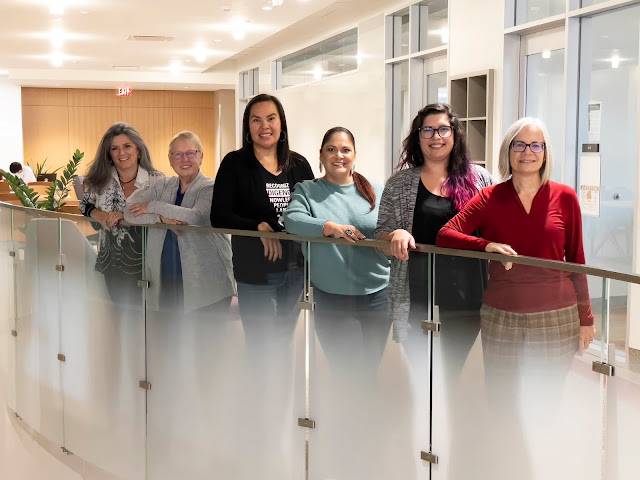OU Engineer Receives Award from NSF's Electrochemical Systems Program

You may not even realize it. The battery that powers your cell phone has not been in existence long. Lithium-ion batteries first became available commercially in 1991, introducing a new age of technology. Thirty years later, universities and businesses around the world continue to explore ways to improve the lithium battery to make it safer, more powerful and long-lasting. Bin Wang, an associate professor in the Gallogly College of Engineering School of Chemical, Biological and Materials Engineering at the University of Oklahoma, is one of the researchers around the globe working on next-generation batteries. In August, Wang received a three-year, $255,552-award from the Electrochemical Systems Program at the National Science Foundation. Wang is part of a collaborative study with researcher Zhaoyang Fan at Arizona State University. One of the key concerns with lithium-ion batteries is storage capacity for large-scale usage. “Windmills and solar panels produce a lot of electricity....



